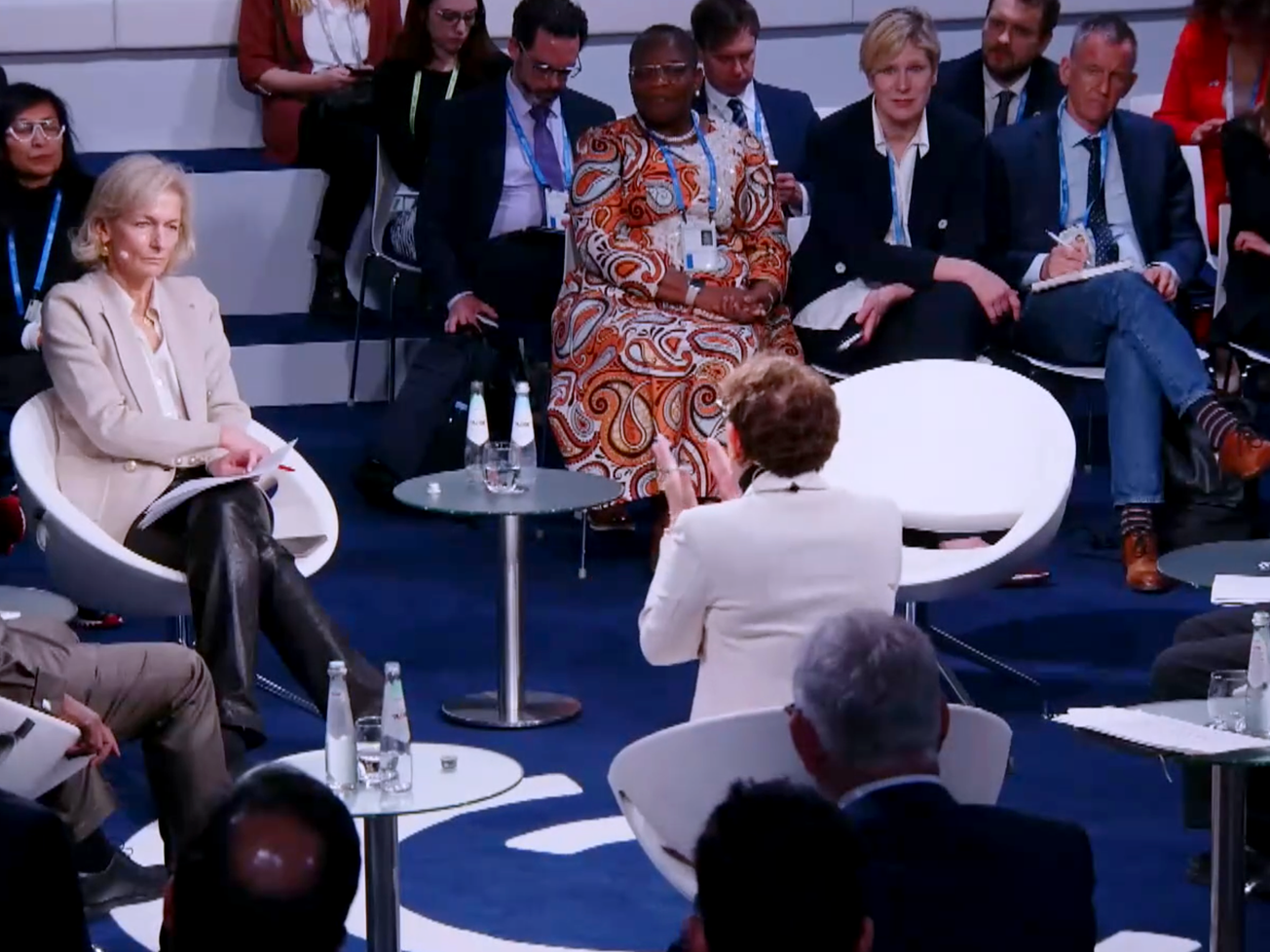Despite a steady decline in piracy and armed robbery in the Gulf of Guinea in recent years, nations must accelerate efforts to counter the region's nearly US$2 billion a year in losses, senior United Nations officials urged diplomats in charge of international security.
Martha Pobee, the U.N. assistant secretary-general for political affairs, told the U.N. Security Council in New York that "it is still too early to draw definitive conclusions" about the recent drop in crime – and the dangers keeps evolving, requiring continued vigilance.
"Increased naval patrols by coastal states off the Gulf of Guinea and the regular deployment of naval assets by international partners have together successfully served as a deterrent," she said. "Piracy in the Gulf of Guinea has, however, morphed over the last decade. Pirate groups are adapting to changing dynamics both at sea and in coastal areas."
Pobee said criminal networks may be shifting to less risky, more profitable schemes, and there's no evidence of any "linkages" between pirates and terrorists. But to fight both, she urged governments to focus on underlying causes such as youth unemployment and inadequate access to health, education and other basic services.
Pirates and armed criminal gangs have long made this notorious part of the Atlantic Ocean stretching off the coast of West Africa from Gabon to Liberia one of the world's most dangerous maritime shipping areas.
The direct costs of piracy in the Gulf of Guinea including naval expenses, ransoms paid and the value of stolen oil and cargo are estimated at US$1.925 billion a year.
Since about 2005, when militant groups in Nigeria attacked oil and gas infrastructure, pirates and armed robbers began attacking mostly oil and gas support vessels and kidnapped for ransoms.
But from 2010 to 2015, some pirate groups mixed kidnaping and hijacking by mainly targeting tankers loaded with refined products in acts of "petro-piracy," according to a new U.N. report on the situation. "Owing to several factors, such as the global fall in oil prices, the instances of hijacking of tankers decreased over time and there were almost none by 2016."
From 2016 to 2021, the attacks shifted to “kidnapping for ransom” piracy, which peaked in 2020 with 140 people abducted at sea. "The pirate groups operated indiscriminately, targeting vessels of all types, including fishing vessels, and increased their activities further afield," the report said.
Grateful to brief UN Security Council on the Gulf of Guinea. ⁰Piracy is in decline, but we must sustain responses & remain vigilant against crimes such as oil theft & illegal fishing.⁰@UNODC is assisting GoG countries to prevent, criminalize & prosecute piracy & maritime crime. pic.twitter.com/uVQWFq8Elr
— GhadaFathiWaly (@GhadaFathiWaly) November 22, 2022
'Pirates must be held accountable'
Last year, the number of people abducted fell to 45 and the frequency of piracy and armed robbery at sea in the Gulf of Guinea also dropped.
That was due to piracy convictions in Nigeria and Togo and "deterrent effects of increased naval patrols by the Nigerian Navy, coupled with improved cooperation with regional counterparts" and help from maritime patrols by Brazil, Canada, the European Union, India, Morocco, the United Kingdom and the United States.
"Besides the decreasing number of cases, there has also been a noticeable shift in the geographical location of piracy incidents from West Africa to Central Africa," the report found.
In May, the 15-nation Security Council, the U.N.'s most powerful arm, adopted a resolution calling on Gulf of Guinea countries to criminalize piracy and armed robbery at sea under their domestic laws and to bring perpetrators to justice.
The council also called for a uniform legal framework for the region with the support of regional organizations such as the African Union, Economic Community of Central African States, Economic Community of West African States and Gulf of Guinea Commission. It had been a decade since the council last adopted a resolution on maritime piracy and armed robbery in the Gulf of Guinea.
Ghada Fathi Waly, executive director of the U.N. Office on Drugs and Crime and director-general of the U.N. Office at Vienna, told the Security Council the recent decrease in crime in the region is a welcome development and opportunity, but instead of celebrating "we need to instead capitalize on the momentum."
She called for nations to keep developing their anti-crime capabilities and laws. "Pirates must be held accountable at the end of this process," she said.







